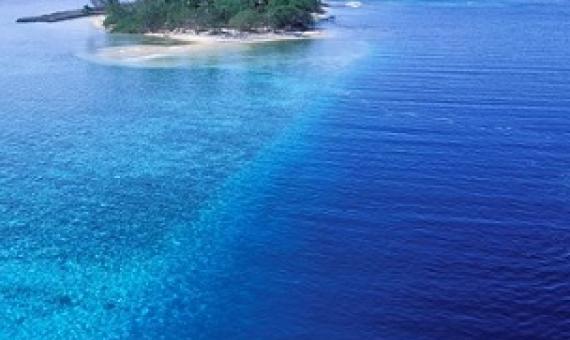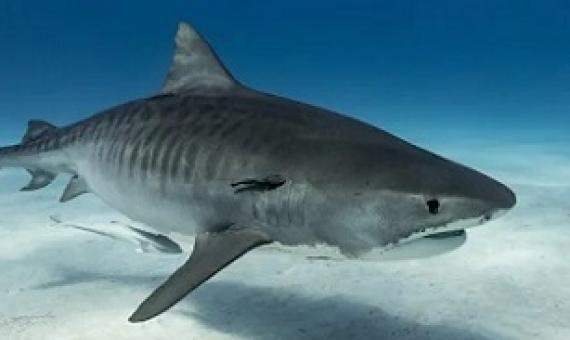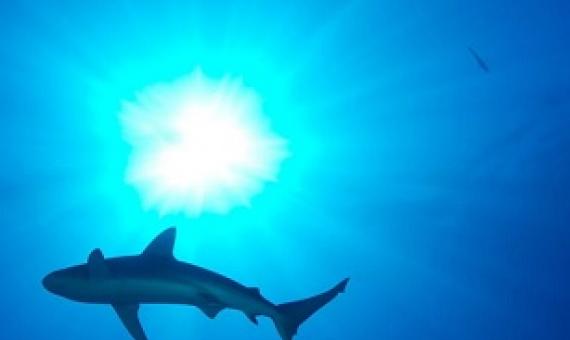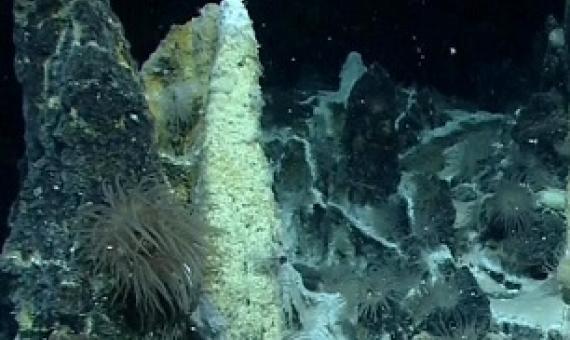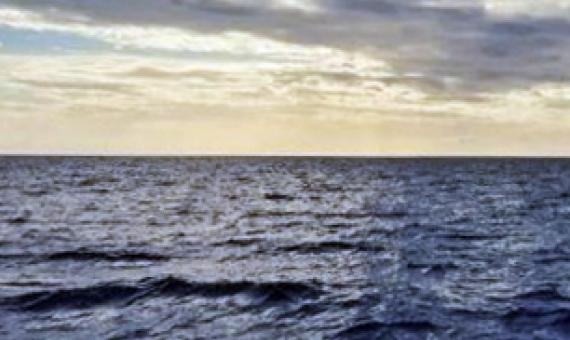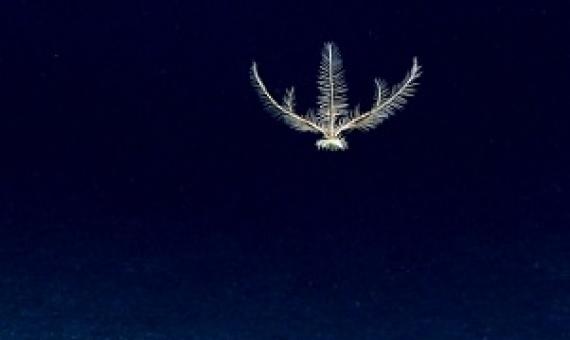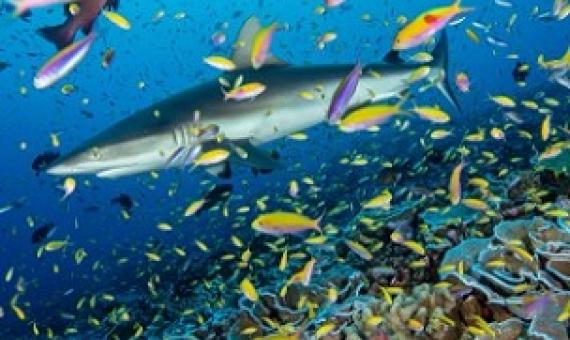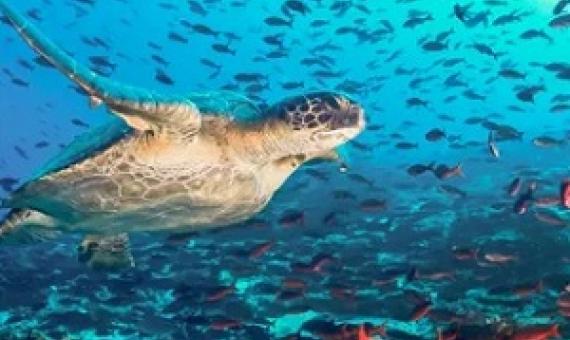The French Polynesian government says by 2030 it plans to create a marine sanctuary covering half a million square kilometres in the south-east of the territory. President Edouard Fritch announced the marine sanctuary at the One Ocean Summit in France.
Trade-offs between bycatch and target catches in static versus dynamic fishery closures
While there have been recent improvements in reducing bycatch in many fisheries, bycatch remains a threat for numerous species around the globe. Static spatial and temporal closures are used in many places as a tool to reduce bycatch. However, their effectiveness in achieving this goal is uncertain, particularly for highly mobile species. We evaluated evidence for the effects of temporal, static, and dynamic area closures on the bycatch and target catch of 15 fisheries around the world.
Warming oceans due to the climate crisis are having a significant impact on the migratory patterns of tiger sharks, allowing the apex predator to expand its range, but also exposing them to new risks, a new study has warned.
As of Jan. 1, it is no longer legal to fish for sharks in Hawaiian waters.
Deep sea hydrothermal vents harbor some of the most extraordinary species on our planet.
Coastal plants and animals have found a new way to survive in the open ocean—by colonizing plastic pollution. A new commentary published Dec.
The pelagic ocean covers over 50 percent of the planet's surface and many of the species that call it home travel thousands of miles each year, seeking food and suitable nursery grounds.
A new report suggests that the noise pollution produced by deep-sea mining activities could have far-reaching effects on the marine environment, from surface to seafloor.
A new, widespread study of the global state of marine coral reef wilderness by WCS, NGS, and university collaborators found that remote ocean wilderness areas are sustaining fish populations much better than some of the world’s best marine reserves.
'Mega-MPA’ in Pacific will link waters of Ecuador, Colombia, Panama and Costa Rica to protect migratory turtles, whales and sharks from fishing fleets. Four Pacific-facing Latin American nations have committed to joining their marine reserves to form one interconnected area, creating one of

